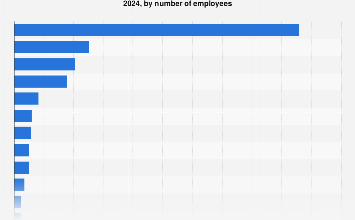Senior citizens lost over half a billion ringgit to online fraud from 2021 to 2023

KUALA LUMPUR: Senior citizens in the country lost RM552.5 million to online scams between 2021 and 2023, says Bukit Aman Commercial Crime Investigation Department (JSJK) director Datuk Seri Ramli Mohamed Yoosuf.
He said this involved 5,533 victims, or 6.4 per cent of the 86,266 online scam victims recorded during the period, with overall losses amounting to RM2.7 billion.
Although the number of elderly victims was lower compared to other age groups, he said the losses they incurred were significantly higher.
“This trend has continued this year. Of the 11,918 online scam cases recorded up to May 19, 990 victims, or 8.3 per cent, were senior citizens. The losses recorded have already reached RM130.4 million, which is 27.7 per cent of the total losses of RM471.5 million,“ he said at a press conference at Menara KPJ here today.
According to him, the study also found that out of the 5,533 elderly victims recorded between 2021 and 2023, 47.6 per cent, or 2,631 individuals, fell for telecommunication fraud such as phone scams, online impersonation, SMS fraud, and prize scams.
Out of the 990 senior citizens who became victims of online fraud up to May 19 this year, 39.4 percent, or 390 cases, involved telecommunication crimes, Ramli said.
PDRM records showed that from 2021 to 2023, the total losses involving telecommunication fraud among elderly victims amounted to RM253.9 million, out of the total telecommunication fraud losses of over RM873 million.
For the period up to May 19 this year, Ramli said that the losses incurred by elderly victims due to telecommunication fraud reached RM36 million, out of total losses of over RM146 million during the period.
Among the five categories of online crimes, he said telecommunication fraud was more likely to occur to victims who were not internet-savvy.
“That is why many elderly individuals fall victim to telecommunication fraud compared to other types of online crimes,“ he said.
Ramli said telecommunication fraud could be prevented if victims were more aware and vigilant of such crimes.
Therefore, Ramli urged that information about commercial crimes, especially the modus operandi of online scams, be communicated to senior citizens, particularly by family members, friends, neighbours, and others.
“Every individual in society needs to play a role in spreading awareness about commercial crimes so that we can form a safe community and avoid becoming victims of scammers,“ he said.



